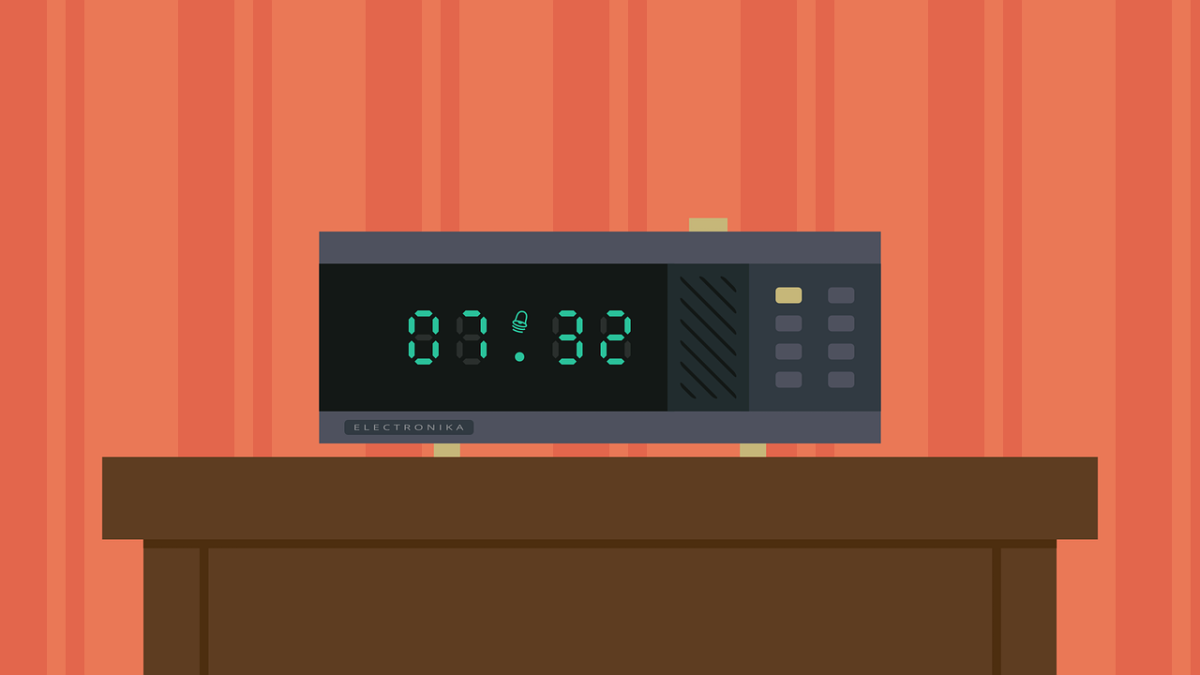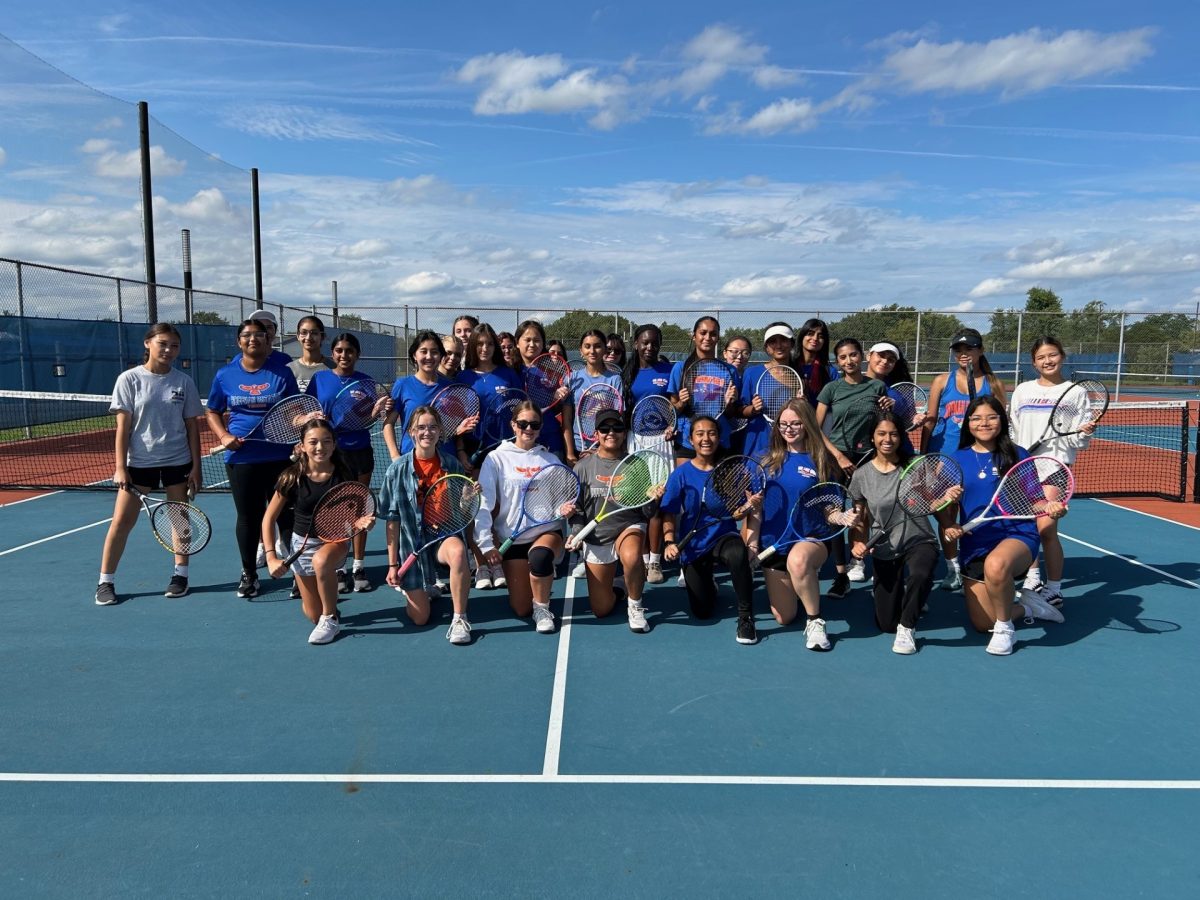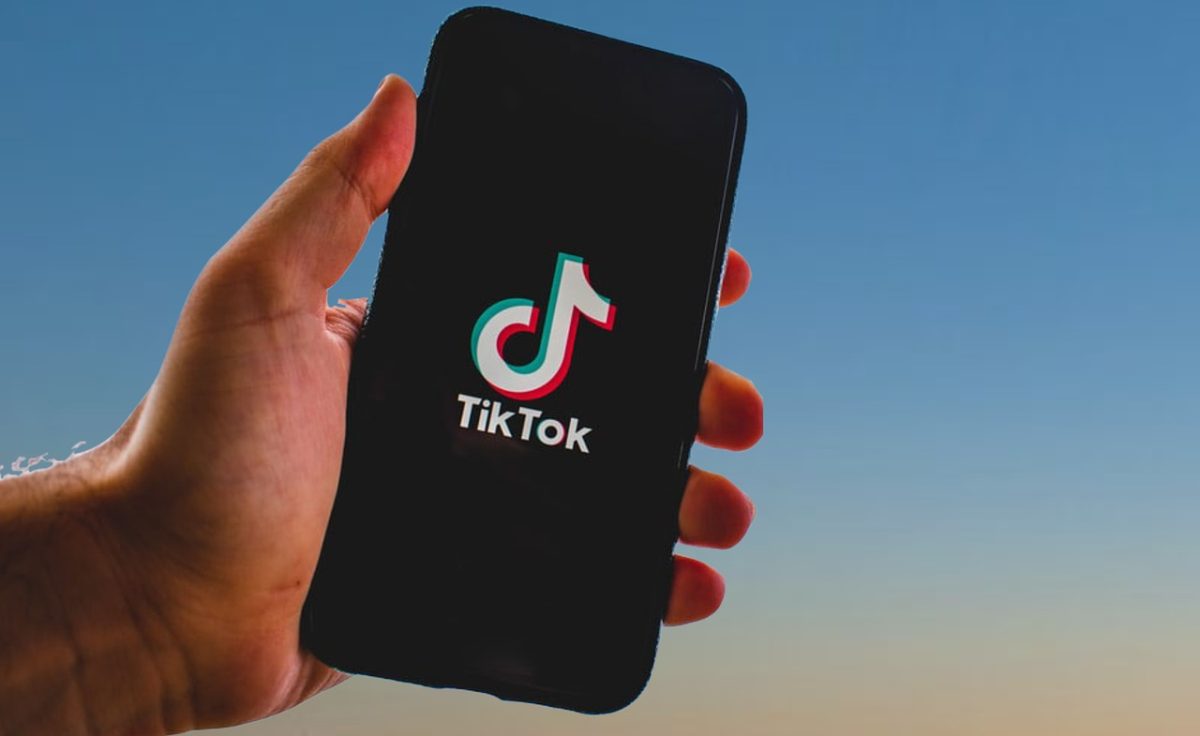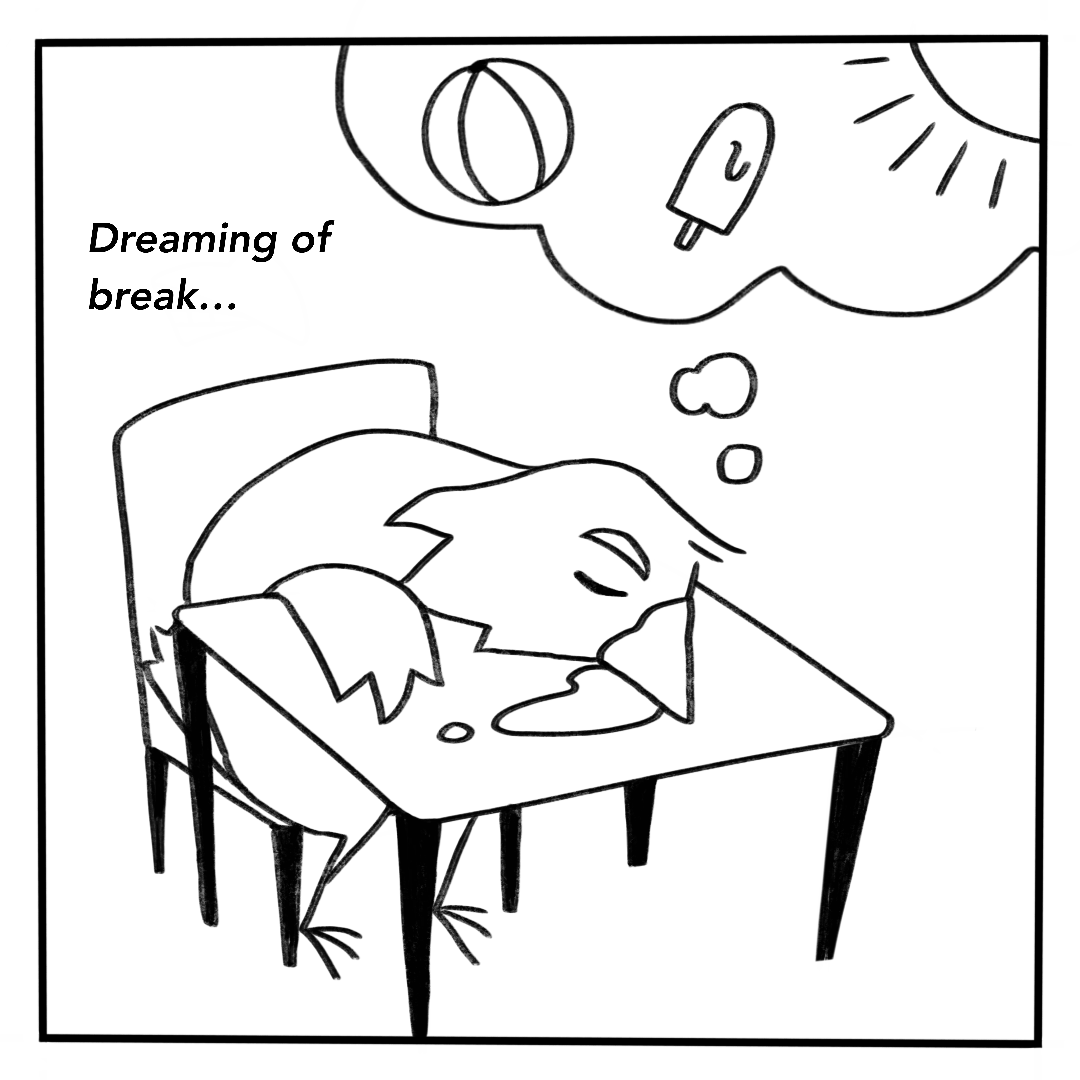It is no secret that social media has become a daily part of nearly every teenager’s routine. With Instagram, TikTok, Snapchat, and endless scrolling, hours can disappear before anyone even realizes it. According to the American Psychological Association (APA) teens spend between three to five hours daily on social media, leaving them drained, distracted, or even insecure.
But there is a growing movement among students—a movement that rejects the tide of notifications and internet noise. Teens are dropping social media in record numbers, shutting their accounts down and learning to live offline.
“I did not enjoy anything at all,” said Alexandra Shellenberger, a sophomore who recently deleted her social apps. “I was constantly comparing myself to other people. Once I stopped, I started noticing things that I actually like—like reading, drawing, and hanging out with my friends in person.”
It’s not about abandoning technology entirely. Instead, it’s about reclaiming time and attention. Without the pressure of having to remain online, students say they feel more present in their daily lives. Some say they get more sleep, are able to concentrate more on their work at school, and even feel less stressed.
Of course, quitting social media is not always easy. For others, certain apps are the main method of keeping in communication with friends. However, students who have quit say that the payoff is worth the fear of missing out at first.
In my experience, when I took a break from social media, I truly did feel as though I’d be completely cut off from everybody and everything. In a way, I was. I no longer knew about the current or what people were discussing online. Keeping up with coursework and contacting fellow students was more difficult without immediate access to group chats or updates. The benefits, however, started to outweigh the inconveniences.
I began to notice how poisonous some corners of social media really were; this is something I hadn’t realized while I was mindlessly scrolling. It was tiring to be online all of the time. Within a few days, I found I didn’t have the compulsion to check my phone every few minutes. It was not the first thing I reached for after waking up anymore. My screentime reduced exponentially, my sleep improved, and I simply felt better. I slowly realized that I did not need social media, and, more importantly, I did not miss it.
Of course, renouncing social media is not always easy. For some individuals, they are the main channels of communication. But students who have abandoned them say that the payoff is worth the fear of missing out in the beginning.
“I thought I’d be cut off,” said Eliza Rakoci, a junior. “But it appears the people who really care about you are going to find a way to reach you, either by texting or meeting up in person. I feel more liberated without the constant buzz of activity.”
As more and more teens question the role of social media in their lives, this “digital detox” trend could take hold. Though not everyone is willing to hit the delete button, those who have reported that it’s an option worth exploring, even if only for a weekend.
In a time when scrolling starts to feel like second nature, choosing to log off is perhaps the boldest thing a teen can do.





















